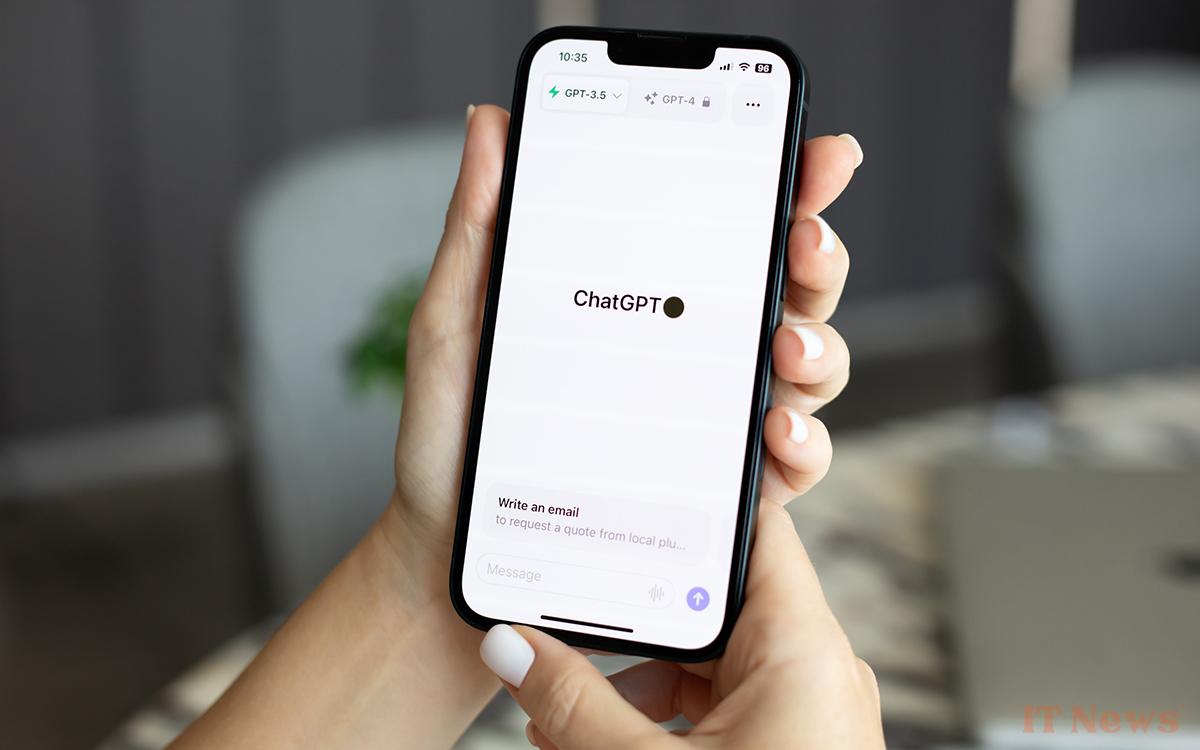Imagine a virtual assistant that can dig through your Google Drive folders and Slack conversations to answer your work questions. No, it's not science fiction. OpenAI is about to revolutionize work. remotely by connecting its AI to the tools you use every day.
OpenAI will soon launch "ChatGPT Connectors," a feature that allows ChatGPT to access data stored in business users' Google Drive and Slack. A new feature which promises to radically transform the way remote teams collaborate and access information.
According to a confidential document seen by TechCrunch, this feature will first be offered in beta to ChatGPT Team subscribers. It will allow AI to draw from files, presentations, spreadsheets, and Slack conversations to provide contextualized and relevant answers to employee questions.
Also read – ChatGPT: The next subscription could cost $20,000 per month!
Privacy-friendly integration
OpenAI emphasized data security and privacy in the development of this feature. The "ChatGPT Connectors" will strictly respect existing permissions in Google Drive and Slack. This means that an employee will not be able to access information via ChatGPT that they do not normally have access to. Additionally, administrators will have full control over Slack channels and Google Drive folders synced with the AI.
The system works by creating an encrypted search index of the company's documents and conversations on ChatGPT's servers. The AI then uses a customized version of the GPT-4o model to analyze this data and generate responses tailored to the company's context.
However, some limitations exist. For example, ChatGPT will not be able to analyze images contained in documents, nor will it be able to perform advanced analysis of spreadsheet data. Private Slack messages and group conversations will also not be accessible to AI.
OpenAI plans to expand this functionality to other platforms like Microsoft SharePoint and Box in the future. The goal is to make ChatGPT an essential tool in the modern workplace, capable of quickly accessing internal company information in the same way it uses general knowledge via web search.
To participate in the beta program, companies will have to provide OpenAI with a sample of 100 documents, spreadsheets, presentations, or Slack conversations. The company assures that this data will not be used directly for training its models, but can be used to generate synthetic data.




0 Comments